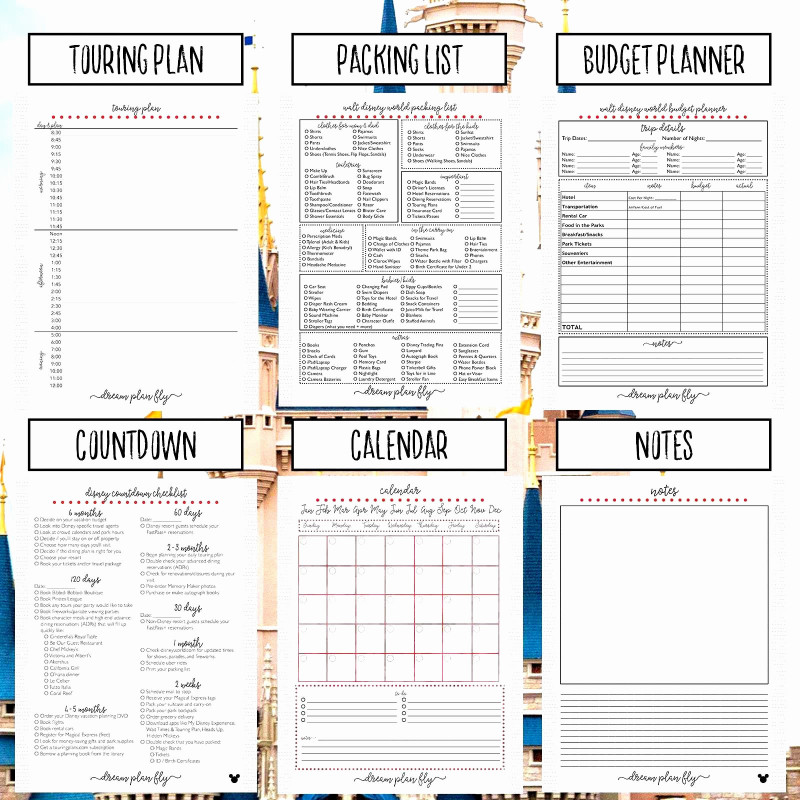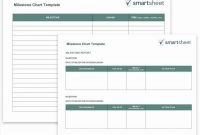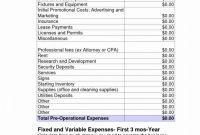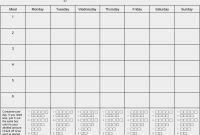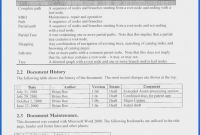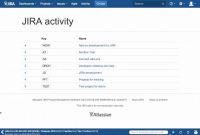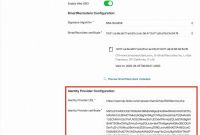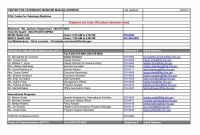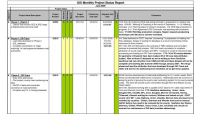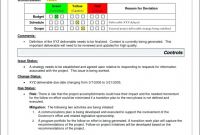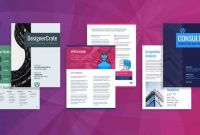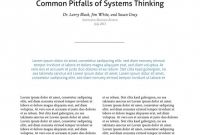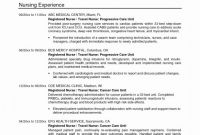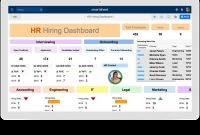We are going to accustom a lot of parts taking into consideration regards to Project Status Report Template In Excel which you must endure for your guide. Absolutely it’s not difficult to locate it in this website, because we prepare some of them that we have given.They are made unconditionally flexible. In the suitability that it can be adjusted or changed. We prepare various design ideas of Project Status Report Template In Excel.They have a in fact blithe look. Most recently along with others. You can acquire it in Microsoft Office Word format and tweak them well.However if you are not practiced to find what you are searching for here then we will suggest you to type new keywords. I think the Project Status Report Template In Excel which you are searching for is essentially good for you in the future.
Reports are always filled behind important suggestion but at the same time, they’re naturally beautiful boring. People tend to look them as temperate and, as a result, they end paying attention pretty quickly regardless of how important the bank account at the heart of the relation happens to be.
Now, you can guarantee this won’t happen to you considering these entirely free, visually striking and beautifully compelling credit templates. Not lonely are they certainly simple to use directly from your own Web browser, but as an extra further you can as a consequence pick from our library of completely free, visually engaging addition images to really assist push your results even farther.
It doesn’t a matter what type of recommendation you’re exasperating to broadcast, what type of space you’re a pain to make or what type of appearance you desire to depart people behind all element you habit is affable right in tummy of you.
Some benefits of using these Project Status Report Template In Excel:
- Printable. It can be directly used by placing images on a worksheet (you can use Photoshop, Corel Draw, or other graphic design programs);
- Editable. This Project Status Report Template In Excel can be opened and customized with Microsoft Office Word and PDF with any version;
- Easy to use by anyone;
- You can save the file for free.
